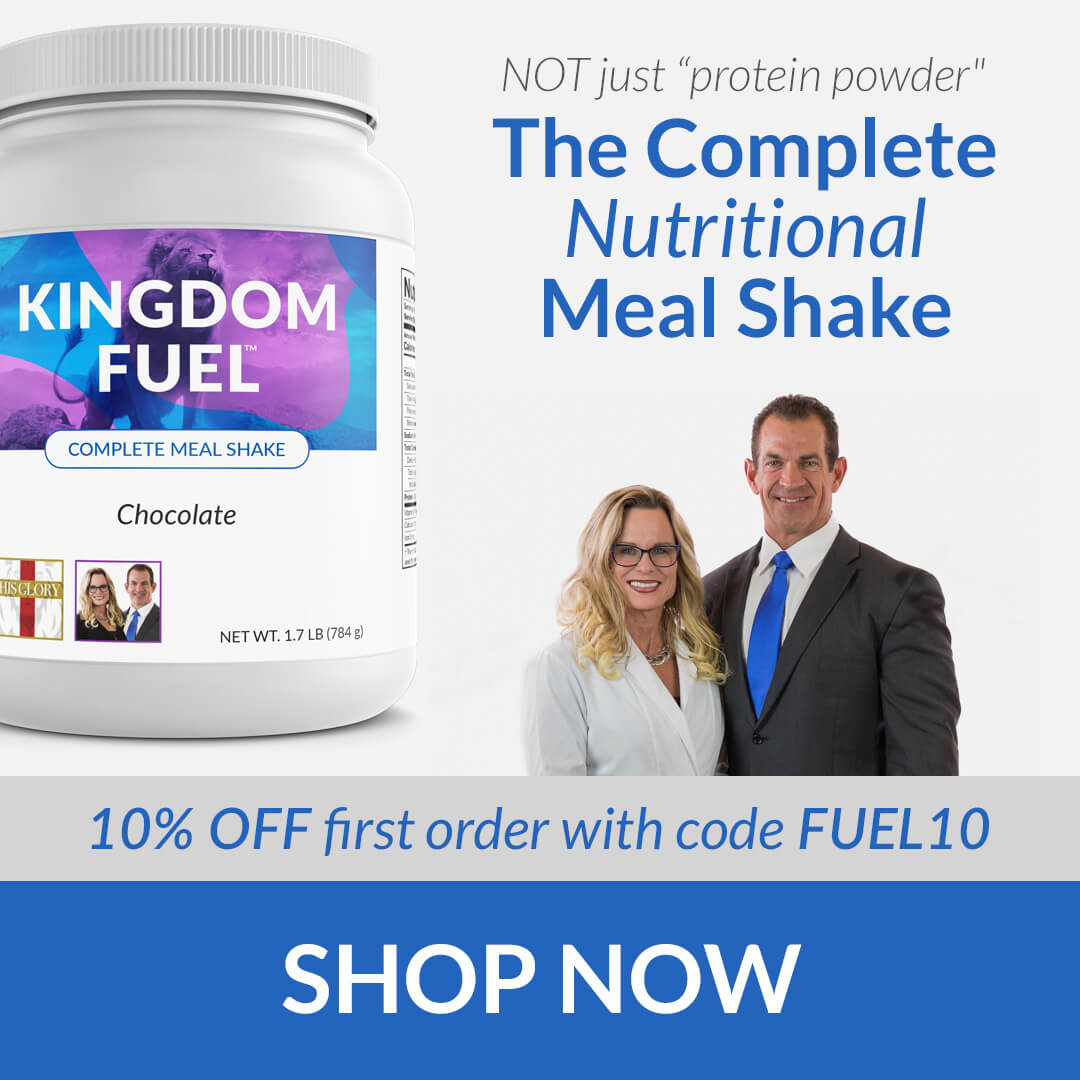The calories burned with exercise certainly have some importance on body composition, but not nearly as much as people think. The vast majority of your return on investment in regard to positive body composition change lies squarely with your nutritional protocol.
How does nutrition help burn fat?
Insulin plays a role in fat storage, thyroid function, stress hormone production, appetite, metabolization of cholesterol and triglycerides, as well as sleep. Optimizing insulin is the key. There is little doubt that animals who secrete the least amount of insulin over a lifetime live the longest lives.
Chronic production of insulin, predominately occurring because of a sugar burning system, induces muscle cells to become insulin resistant. What this means is that muscle and liver cells become desensitized, preventing them from storing more glycogen.
When this occurs, the body begins to actually produce more insulin, mistakenly believing it needs more. Appetite increases and the sleep cycle become dysfunctional. At this point, weight gain may begin, especially around the middle, progressing to metabolic syndrome and type two diabetes.
The Standard American Diet is to blame.
We can attribute this to the Standard American Diet, which is heavy in starches, sugars, grains, breads, and processed foods. Excess blood sugar with nowhere to go begins to get a grip on structural proteins in the body, accelerating the aging process.
Controlling insulin is the key.
You can control insulin with what you put in your mouth. A diet full of common Standard American Diet foods will never yield success in the battle with insulin. To win this insulin battle once and for all, make an intentional and deliberate plan to optimize nutrition for life. A few very basic modifications yield massive results.
Fat-Burning Foods
- non-starchy vegetables
- fruits
- healthy fats
- organic or farm raised protein
Fat-Storing Foods (Avoid These)
- processed and fried foods
- sugars and artificial sweeteners
- MSG
- grains
- corn
- soy
Keep in mind, your day-to-day health is massively influenced by your last meal. Always make a point to make your last meal a low insulin producing meal. Over time, your energy levels, sleep cycles, appetite, and body fat will optimize and normalize.
Rather than landing in the pharmaceutical disease management approach, which will include statins, sleep meds, and other powerful drugs to counteract excess insulin production, it is our clear ability, and even responsibility, to remain on the path of natural healing and wellness.
Bonus: Glycemic Index Food Chart
Eating foods with a low glycemic index creates a significantly smaller insulin release than foods with a high glycemic index, preventing the body from turning food into unwanted body fat. Find out where foods rate on the Glycemic Index with our free chart.



